Are you looking for juices to fight or prevent anemia? Here we show you some potentially useful ones and what you need to know about them.
Simply put, anemia is defined as a lack of healthy red blood cells in the body or low levels of hemoglobin (a protein found in red blood cells). This may cause lethargy, weakness or tiredness. Also, in severe cases, it may cause syncope, shortness of breath or poor exercise tolerance, among other problems.
Typically, many patients begin to experience symptoms when hemoglobin levels drop below 7 g / dL. According to experts, normal hemoglobin ranges are as follows:
- Men: 13 to 18 g / dL.
- Women: 12 to 15 g / dL.
- Children: 11 to 16 g / dL.
- Pregnancy: Vary according to trimester, but are usually higher than 10 g / dL.
The causes of this condition are very varied, but nutritional deficiencies of some substances (such as iron, folate and vitamin B-12) may favor its appearance.
This is where our recipes come into play with some nutrients that may help combat or prevent the problem.
If you’re interested, later we’ll tell you more about the ingredients and other key tips to keep in mind.
Where do we start?
Juices for anemia – Recipes / Preparations
Before starting, it’s worth noting a few points:
- These drinks aren’t meal substitutes.
- It’s important to wash all the ingredients before processing.
- If you want the juices to be more liquid, add a little water.
- Finally, you can start by drinking a different juice every morning and see how you feel. Thus, you’ll be incorporating the nutrients from different foods throughout the days.
Now, let’s get to the recipes!
Juices for Anemia: Information on ingredients
According to some studies, anemia may be caused by nutritional deficiencies of iron, vitamin B-12 and folate, among other causes. On the other hand, vitamin C could help facilitate the absorption of iron.
Here you can see the recommended daily intake of these nutrients for adults, according to experts:
- Iron: 8 mg for men over 19 years old, 18 mg for women from 19 to 50 years old, and 8 mg for women over 51 years of age.
- Folate: 400 mcg.
- Vitamin B-12: 2.4 mcg.
- Vitamin C: 90 mg for men and 75 mg for women. For smokers, it’s recommended to add 35 mg more per day.
These values may vary for pregnant and lactating / breastfeeding women.
Nutrient table
The above recipes provide iron, folate and vitamin C. Therefore, they could be used in a diet to restore healthy levels of these nutrients and fight or prevent anemia.
Here you can see the quantities of these substances in the ingredients, according to the United States Department of Agriculture (USDA). With this information you can calculate the nutrients of each juice and compare them with the recommended daily intakes.
Swipe to see more columns.
| INGREDIENT | PORTION | IRON (mg) | FOLATE (mcg) | VITAMIN C (mg) |
| Pineapple | Slices – 56 g | 0.2 | 10 | 26.8 |
| Parsley | Cup – 60 g | 3.7 | 91 | 79.8 |
| Apple | Unit – 200 g | 0.2 | 6 | 9.2 |
| Spinach | Cup – 25 g | 0.7 | 49 | 7.0 |
| Carrot | Unit – 60 g | 0.2 | 11 | 3.5 |
| Avocado | Unit – 150 g | 0.8 | 122 | 15.0 |
| Berries | Cup – 150 g | 0.6 | 29 | 66.2 |
| Banana | Unit – 126 g | 0.3 | 25 | 11.0 |
| Dates | Unit – 8 g | 0.1 | 2 | 0.0 |
| Cinnamon | Tablespoon – 7.8 g | 0.6 | 0 | 0.3 |
| Kale | Cup – 25 g | 0.4 | 16 | 23.4 |
| Strawberries | Cup – 150 g | 0.6 | 36 | 88.2 |
| Raspberries | Cup – 150 g | 1.0 | 32 | 39.3 |
| Flax | Tablespoon – 9 g | 0.5 | 8 | 0.1 |
| Chía | Tablespoon – 9 g | 0.5 | 8 | 0.1 |
| Kiwi | Unit – 75 g | 0.2 | 20 | 56.0 |
| Plum | Unit – 75 g | 0.1 | 4 | 7.1 |
| Beet | Unit – 80 g | 0.6 | 87 | 3.9 |
| Orange | Unit – 154 g | 0.2 | 46 | 81.9 |
| Blackberries | Cup – 150 g | 0.9 | 38 | 31.5 |
| Grapes | Cup – 150 g | 0.5 | 3 | 4.8 |
| Coconut milk | Cup – 240 g | 3.9 | 38 | 6.7 |
| Lemon | Unit – 48 g | 0.0 | 10 | 18.6 |
| Celery | Stalk – 40 g | 0.1 | 14 | 1.2 |
| Broccoli | Cup – 91 g | 0.7 | 57 | 81.2 |
| Chard | Leaf – 48 g | 0.9 | 7 | 14.4 |
On the other hand, it’s worth noting that vitamin B-12 is often found in fortified foods (such as vegetable / plant-based milk) and animal-based foods.
Do juices for anemia solve the problem forever?
It depends on each organism and the intensity / type of anemia. As we said before, juices are a possible help to combat or prevent this problem, since they’re loaded with nutrients that may help may help to restore healthy hemoglobin levels.
However, if you’ve anemia (or symptoms of it) you should see a doctor. Remember that there’re different types of this condition and they require different treatments.
More tips to prevent and treat the condition
Finally, here’re some general points to keep in mind.
- Avoid excessive tea and coffee: According to experts, these substances may reduce iron absorption.
- Follow a healthy diet: Maintaining a healthy balance of nutrients is key to prevent anemia and other diseases. Ideally, you should visit a nutritionist and follow a proper diet plan for your body.
- Have regular blood tests and medical check-ups: This is essential to know your hemoglobin levels, among other variables, and to detect possible health problems in time.
- Medications, supplements, and procedures: There’re remedies and procedures (such as blood transfusions) that may help treat the condition, but it’s important to consult a health professional before doing any of these treatments.
Juices for Anemia: Final comments
If you’ve symptoms of discomfort or allergy after consuming any of the drinks or foods in this article, we recommend that you stop doing so and visit your doctor.
Our opinions don’t replace those of a qualified healthcare professional.
Finally, you can subscribe here to receive updates.


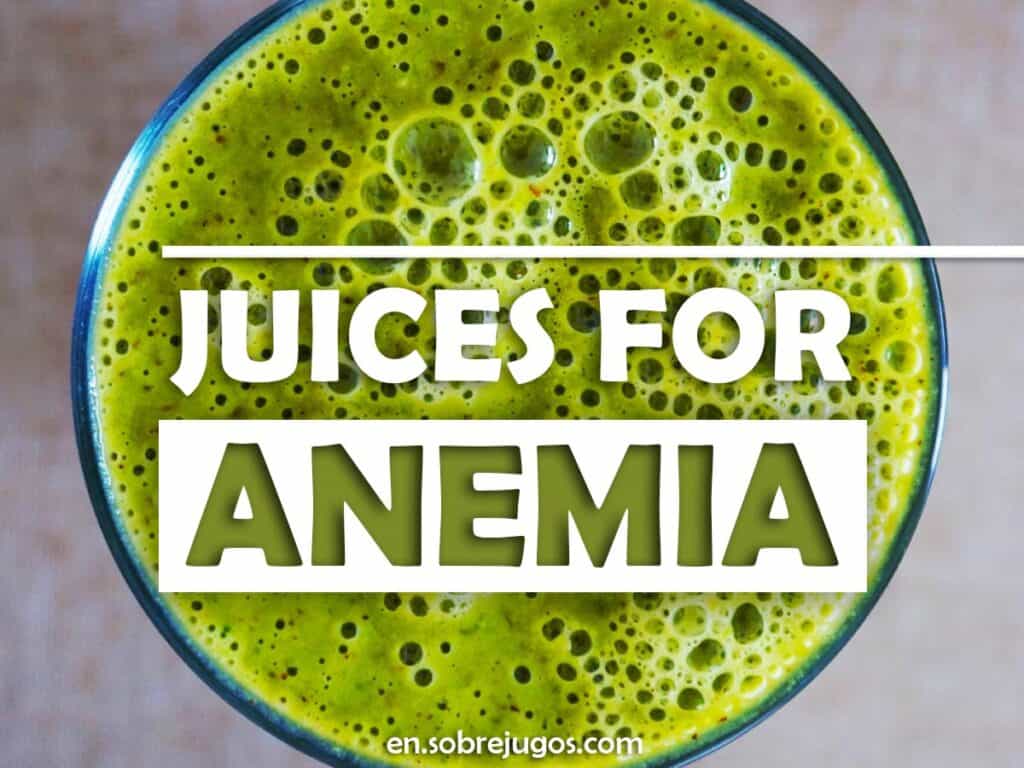
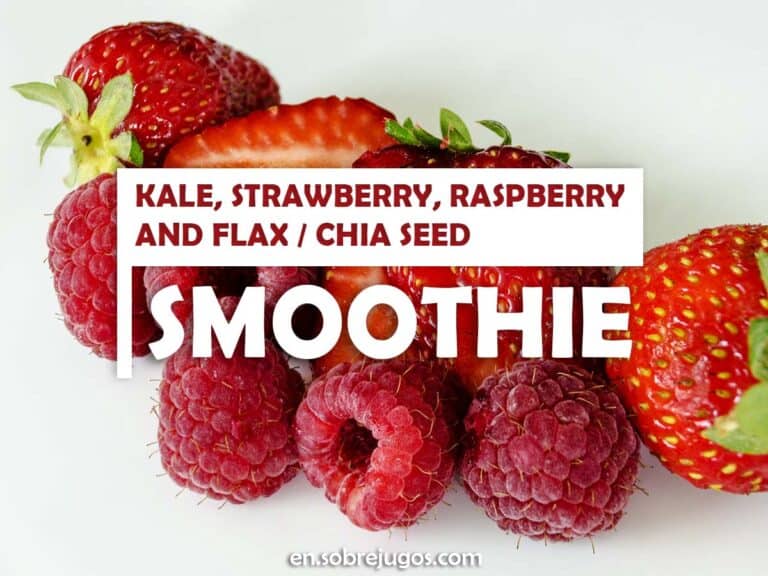
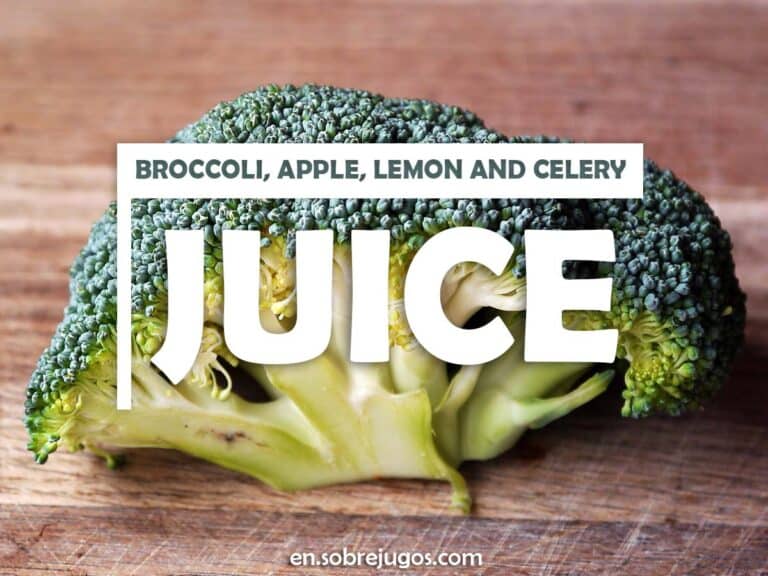
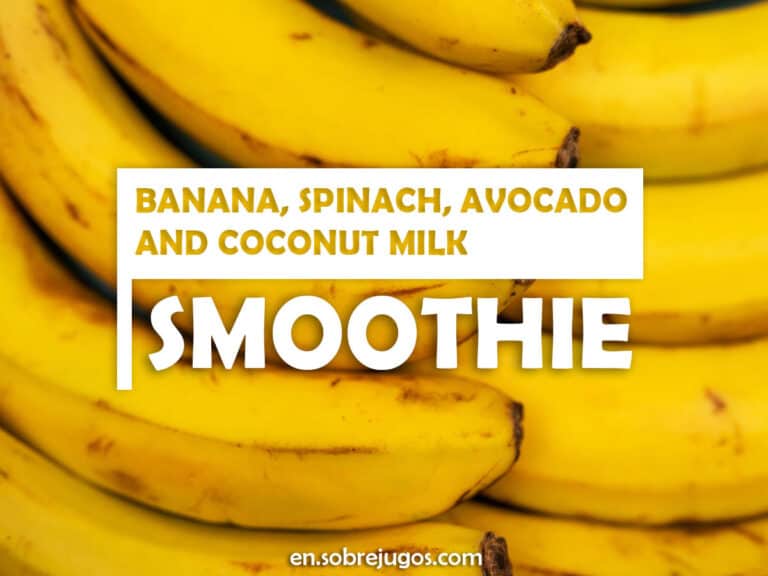
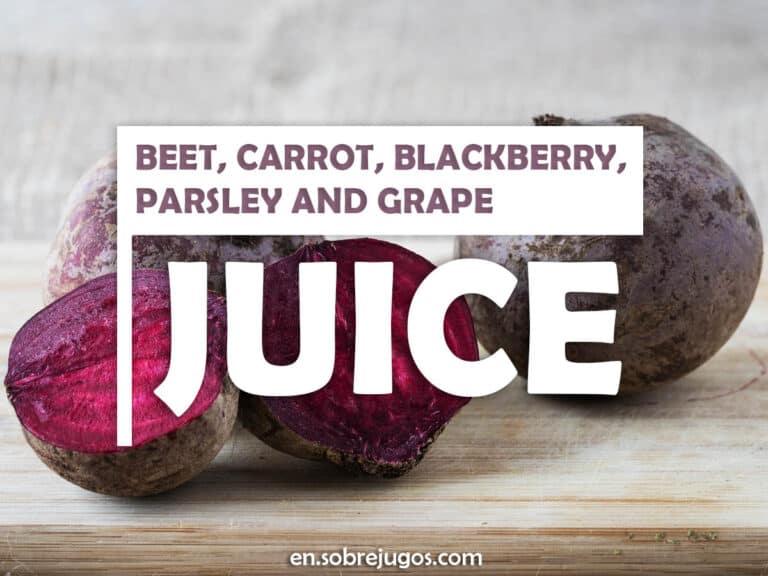
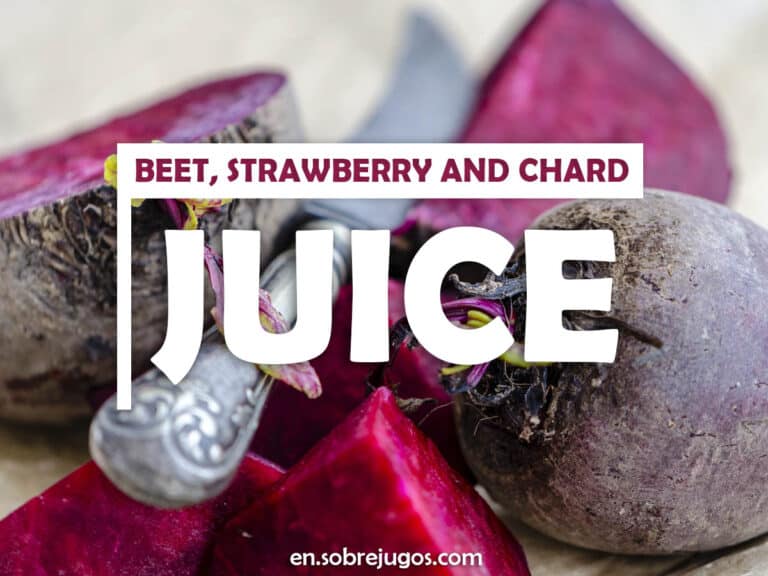
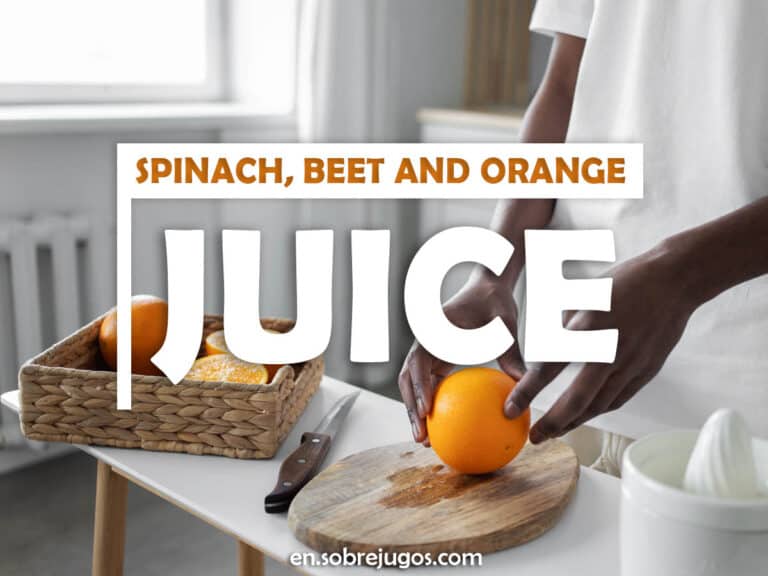
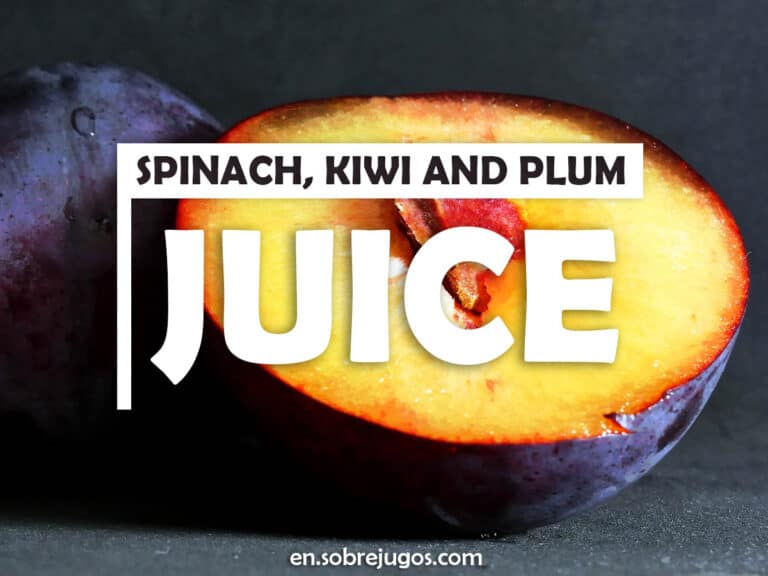
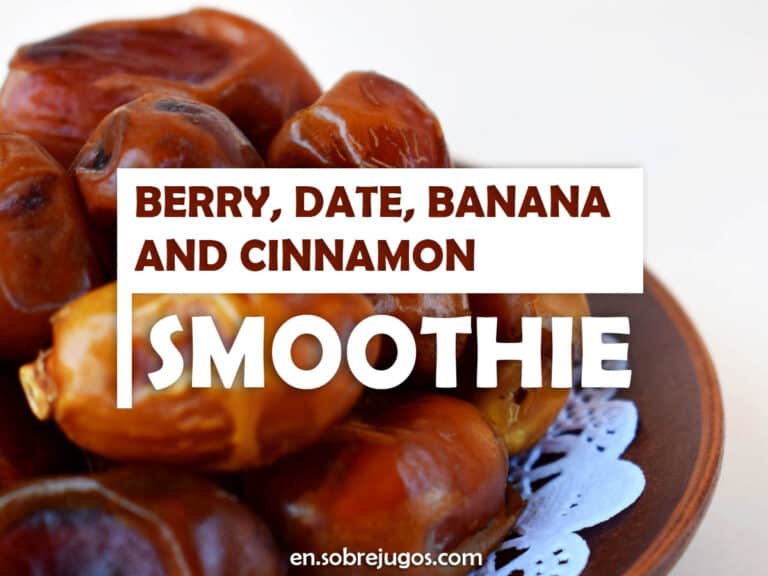
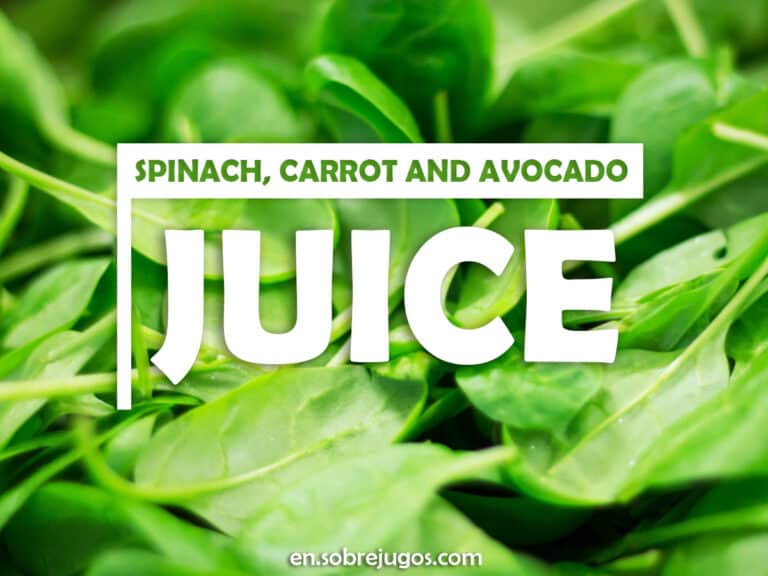
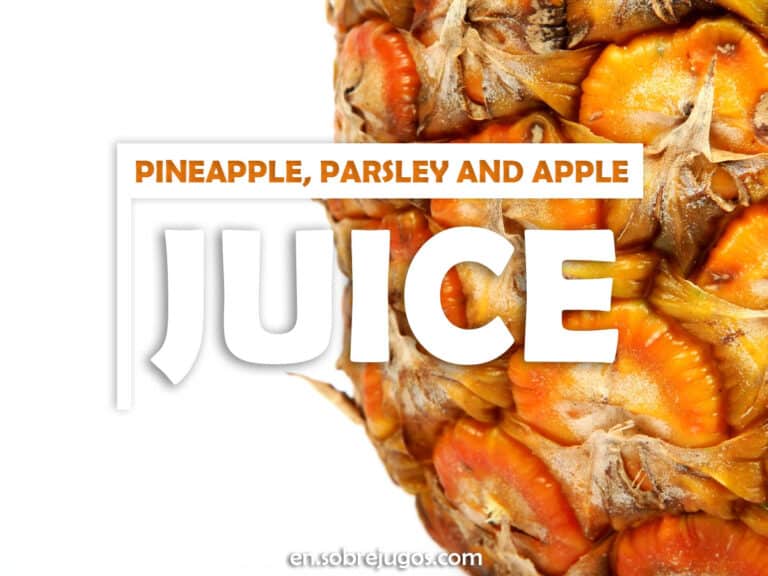
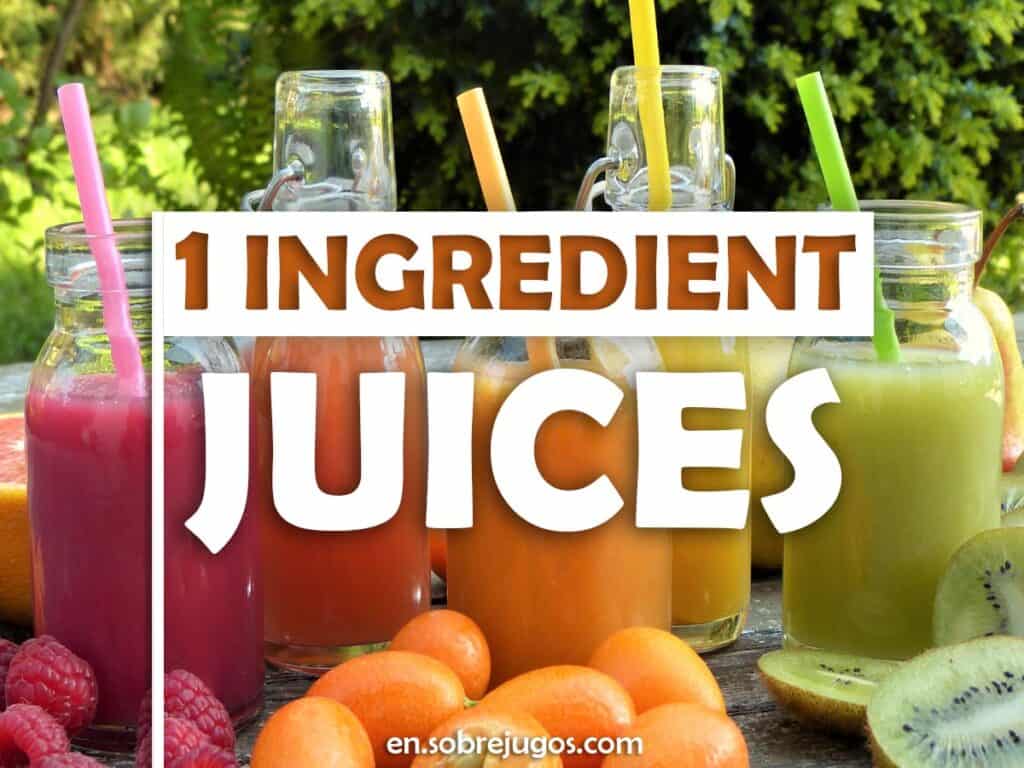
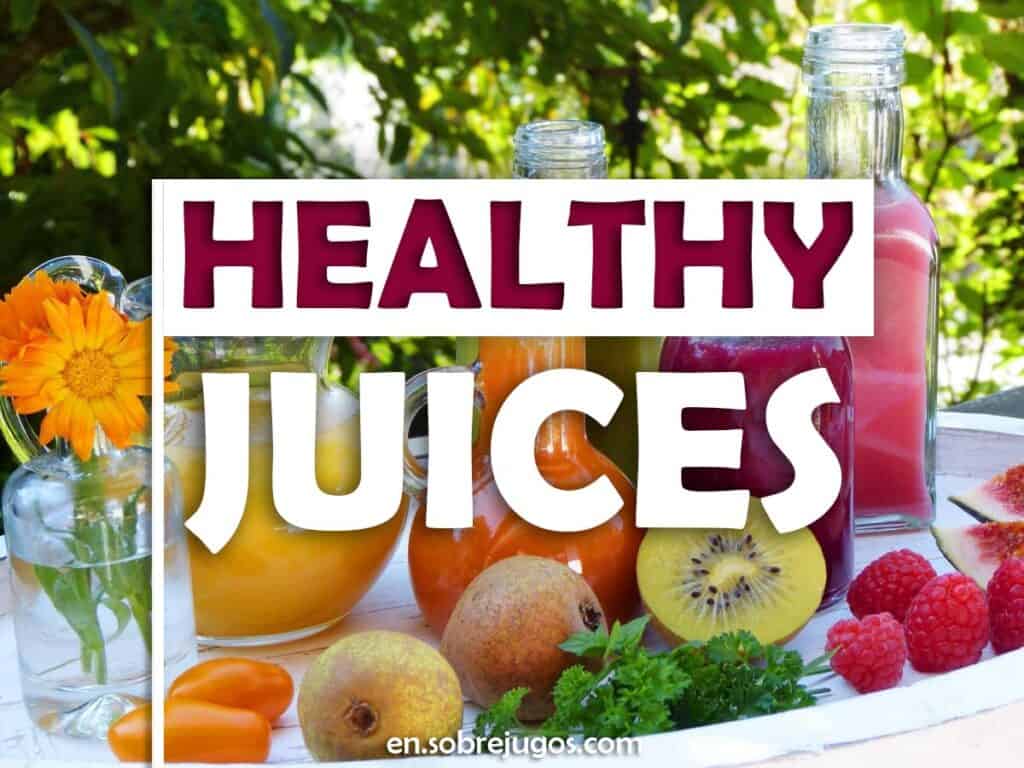
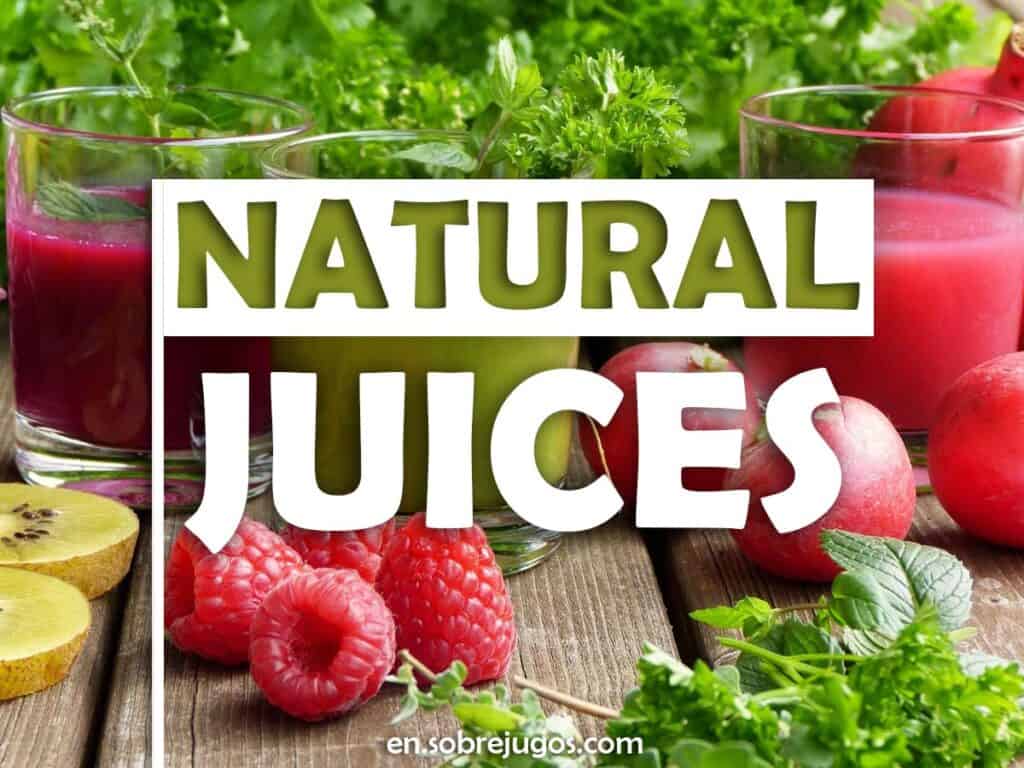
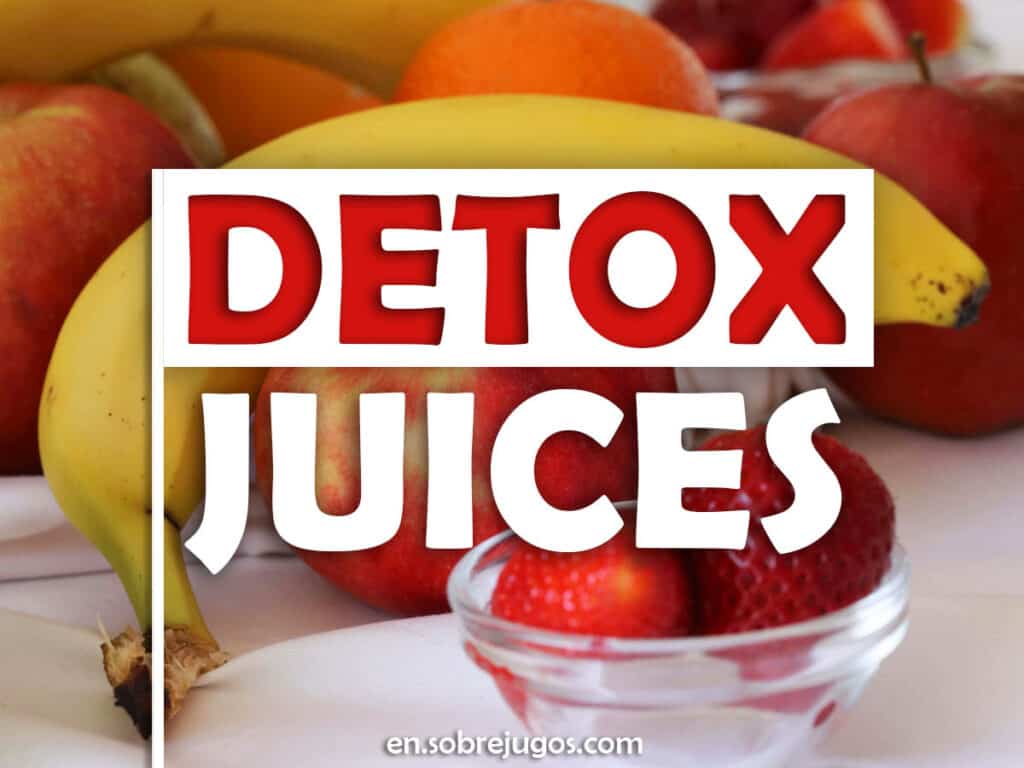
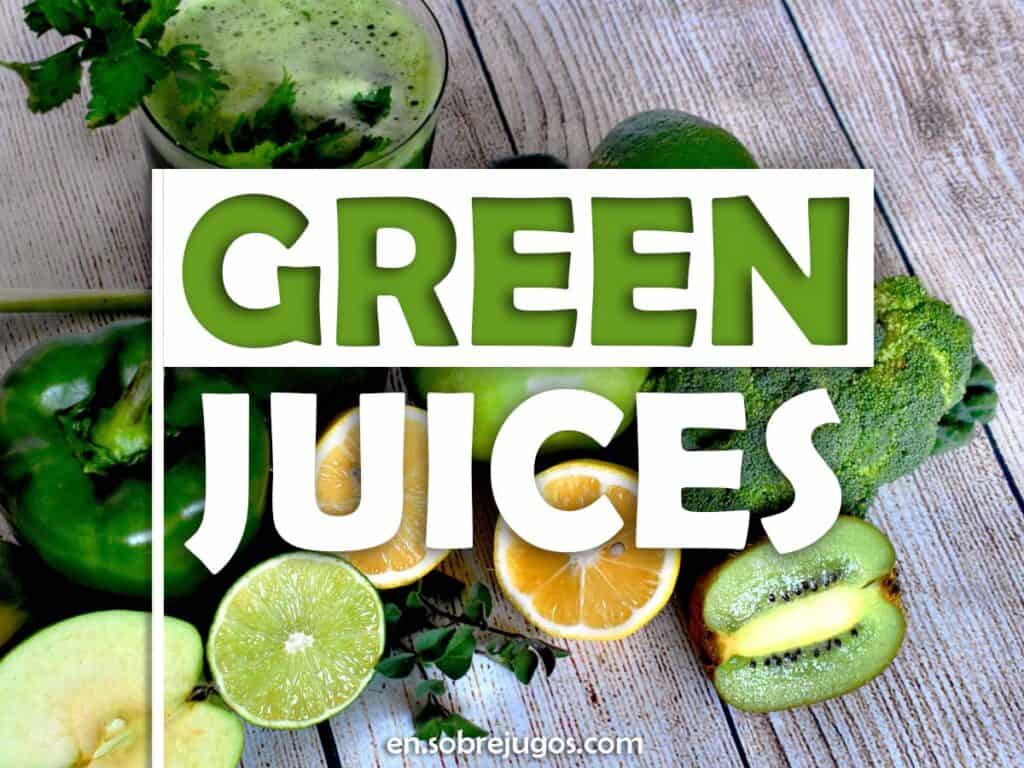
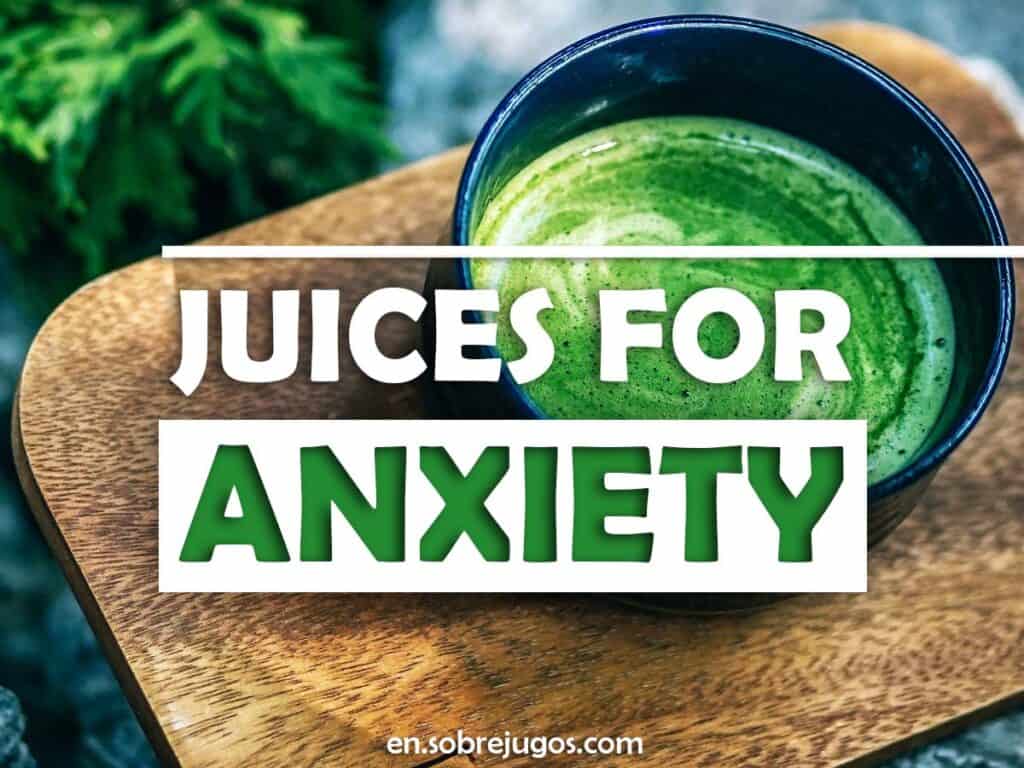
Want to know when we upload new content?
Enter your email address here to get notified.